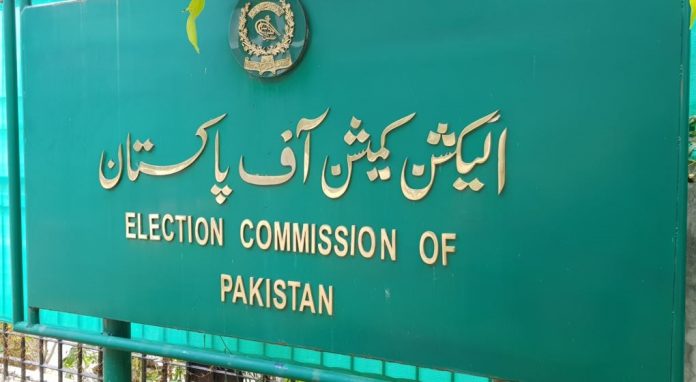
The author expects evidence from the US and Afghan officials to substantiate their claims that Mullah Omar had died at a Karachi hospital.
The Kabul administration had disclosed in 2015 that the Taliban supreme commander had died in 2013 in Karachi while citing”credible information.”
The former Central Intelligence Agency (CIA) Director, David Petraeus, also insisted that Mullah Omar frequently travelled between Quetta and Karachi.
In her second book, titled, “Searching for an Enemy”, published in Dutch in February 2019, Dam had challenged these Afghan and American claims. Her report titled, “The secret life of Mullah Omar” is a part of her book.
A spokesman for President Ashraf Ghani and former intelligence chief, Amrullah Saleh, and several other Afghan leaders disputed Dam’s claim.
Yet, the author has told Daily Times from Amsterdam that Kabul, Washington and many others who claimed that Mullah Omar died in Pakistan, should come up with their own report to prove their claims. The author also pressed the Pakistani security establishment and Taliban to prove their claims now because Mullah Omar was dead and information about him was no longer classified.
“Kabul has always said that Mullah Omar is in Pakistan. The Taliban has always said Mullah Omar is in Afghanistan. The Americans always said Mullah Omar is in Pakistan. I searched for proof for these claims but I was not able to find them,” she added.
Dam claimed that she had invited the US and Kabul to release proof of Mullah Omar being in Karachi or Quetta.
” I would also invite Islamabad to join the debate. I know the Pakistani security officials often said that Mullah Omar was in Afghanistan. Maybe they can also show what they know? The public deserves to know. Now Mullah Omar is dead, this information is not classified anymore,” Dam insisted.
The author said, in her research, that in December 2018, she had gained “unprecedented access” to the man tasked with guarding Mullah Omar with his life.
“For twelve years, he lived with the Taliban leader and was one of his only conduits to the outside world. He is now in N.D.S. custody, and I became the first journalist to interview him,” she maintained. After Omar’s death was announced, she remarked that she had spoken to senior officials of National Directorate of Security (NDS), one of whom confirmed that he had lived with Jabbar Omari in Zabul, his bodyguard from the moment he had vanished in Kandahar until his death in 2013. Omar was said to have been in NDS “protective” custody since 2017.
“This official, who spoke on the condition of anonymity, expressed his frustration that the Taliban’s supreme leader had been living for four years in the capital of the province, just walking distance from the governor’s compound and the office of the local NDS. branch,” Dam wrote in her book. When asked, if she defended the findings in her research about Omar’s death and rejected Afghan and US claims, she responded,”yes.” She went on, “I searched for proof for these claims but I was not able to find them.”
“I think we as journalists need to work much harder to find out what these claims mean. If Kabul gov’t says something it does not means that is true. If Washington says something it does not mean it is true and the same is for the Taliban,” she added.
To a question on criticism on her book being written on others’ behest, she advised the critics to read the report before jumping to conclusions as she was very transparent about her sources.
Dam pointed, “I did interviews with all of the parties. I found out that not many knew where Mullah Omar was? The Taliban was not able to show me anything credible, but also Kabul and the US lacked any evidence. The Americans didn’t know Mullah Omar was dead for two years and were surprised to hear that.”
She said that Omar had chosen to not rely on Pakistan because it supported the US after the 9/11 attacks.
“Mullah Omar found Pakistan an unreliable country. Mullah Omar didn’t want to be living in a country like that. He chose to stay inside Afghanistan, and hide with the tribesmen. Mullah Omar didn’t want to be living in a country like that. He chose to stay inside Afghanistan, and hide with tribesman,” she continued.
Dam said she had interviewed Pakistani leaders for her book, who had “tried to influence him” but Omar was often not listening as he was apprehensive to the political intervention from outside, including Pakistan.
“He (Omar) told Jabbar Omari, “Whatever happens, I will not go there,” she further asserted.
After 9/11, Pakistan was said to have quickly offered support for the US War on Terror, promising to arrest any Taliban.
Published in Daily Times, March 25th 2019.













